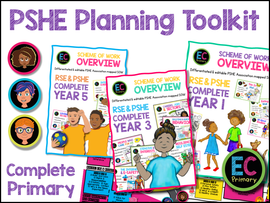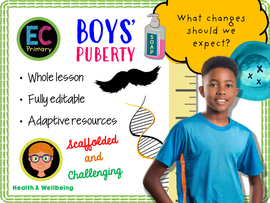Manners and politeness
Manners and politeness LKS2 PSHE Lesson. A one hour-long, very detailed, fully resourced PSHE lesson suitable for lower KS2 (Year 3 if you are following the PSHE Association's thematic model). In this lesson, the students will explore what it means to be polite and have good manners. We will discuss different types of polite phrases (please, thank you, excuse me etc) and the scenarios where we would be expected to use them. We will look at non-verbal examples of good manners such as offering your seat on a bus or holding open a door for a stranger. We will discuss the reasons why manners and politeness are important and analyse a set of case studies. The lesson includes a match-up task, an information sheet, a video clip task, a set of case studies and a class debate plenary task.
Created to fit the new DfE and PSHE Association statutory 2020 /21 guidelines, the lesson includes a detailed PowerPoint, all editable with accompanying tasks and worksheets.
The lesson has been left editable and is filled with engaging, well differentiated and fun activities. It is designed to be ‘no prep’, so you can just pick it up and use it, although it is still adaptable should you wish to.
Looking to save money? Check out this new relationships value bundle.
Manners and politeness LKS2 PSHE Lesson. A one hour-long, very detailed, fully resourced PSHE lesson suitable for lower KS2 (Year 3 if you are following the PSHE Association's thematic model). In this lesson, the students will explore what it means to be polite and have good manners. We will discuss different types of polite phrases (please, thank you, excuse me etc) and the scenarios where we would be expected to use them. We will look at non-verbal examples of good manners such as offering your seat on a bus or holding open a door for a stranger. We will discuss the reasons why manners and politeness are important and analyse a set of case studies. The lesson includes a match-up task, an information sheet, a video clip task, a set of case studies and a class debate plenary task.
Created to fit the new DfE and PSHE Association statutory 2020 /21 guidelines, the lesson includes a detailed PowerPoint, all editable with accompanying tasks and worksheets.
The lesson has been left editable and is filled with engaging, well differentiated and fun activities. It is designed to be ‘no prep’, so you can just pick it up and use it, although it is still adaptable should you wish to.
Looking to save money? Check out this new relationships value bundle.























